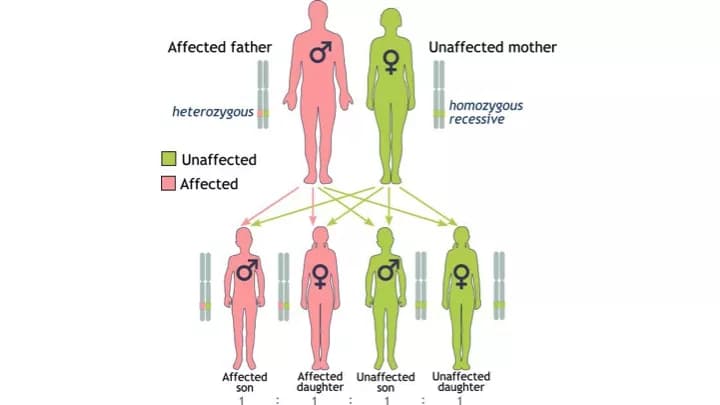
BRCA1: Mystery Of Breast Cancer Risk Gene Solved, 20 Years After Its Discovery
More than 20 years after scientists revealed that mutations in the BRCA1 gene predispose women to breast cancer, Yale scientists have pinpointed the molecular mechanism that allows those mutations to wreak their havoc.
The findings, reported Oct. 4 in the journal Nature, will not only help researchers design drugs to combat breast and ovarian cancers, but also help identify women who are at high risk of developing them, the authors say.
"There have been about 14,000 papers written about BRCA1, and you would think we already know everything about the gene, but we don't," said senior author Patrick Sung, professor of molecular biophysics and biochemistry and of therapeutic radiology and member of the Yale Cancer Center.
The discovery of BRCA1's role in DNA repair and suppression of tumors was the first evidence that the risk of cancer could be inherited. It was originally thought that mutations in BRCA1 and the related BRCA2 gene might account for 7% to 8% of breast and ovarian cancers, Sung said. However, the cancer risk is likely a lot higher because in many cancer cases the expression of the BRCA genes is silenced even though no mutation can be found, he added.
Sung and colleagues showed in their Nature paper that the interaction of BRCA1 with its partner BARD1 is necessary to recruit the exact genetic sequence needed to repair breaks in DNA caused by endogenous stress and environmental insults such as radiation exposure.
"Defining the mechanism of the BRCA-dependent DNA repair pathway will help scientists design drugs to kill cancer cells more efficiently," Sung said.
"Understanding this mechanism will provide the predictive power for doctors trying to establish a patient's personal risk of developing cancer."
Weixing Zhao, an associate research scientist at Yale, is the leading and co-senior author of this study, which was primarily funded by the National Institutes of Health. Other collaborators include Yale faculty Gary Kupfer, Ryan Jensen, and Yong Xiong, as well as Claudia Wiese of the Colorado State University, and Eric Greene of Columbia University.
Primary funding for the study was provided by the National Institutes of Health.
Materials provided by Yale University. Original written by Bill Hathaway. Note: Content may be edited for style and length.
Disclaimer: DoveMed is not responsible for the accuracy of the adapted version of news releases posted to DoveMed by contributing universities and institutions.
References:
Weixing Zhao, Justin B. Steinfeld, Fengshan Liang, Xiaoyong Chen, David G. Maranon, Chu Jian Ma, Youngho Kwon, Timsi Rao, Weibin Wang, Chen Sheng, Xuemei Song, Yanhong Deng, Judit Jimenez-Sainz, Lucy Lu, Ryan B. Jensen, Yong Xiong, Gary M. Kupfer, Claudia Wiese, Eric C. Greene, Patrick Sung. (2017). BRCA1–BARD1 promotes RAD51-mediated homologous DNA pairing. Nature. DOI: 10.1038/nature24060
Related Articles
Test Your Knowledge
Asked by users
Related Centers
Related Specialties
Related Physicians
Related Procedures
Related Resources
Join DoveHubs
and connect with fellow professionals

0 Comments
Please log in to post a comment.